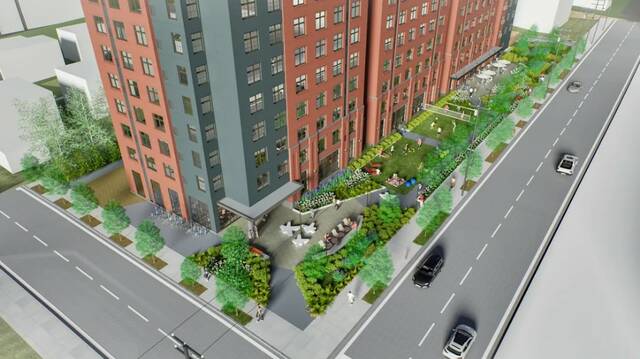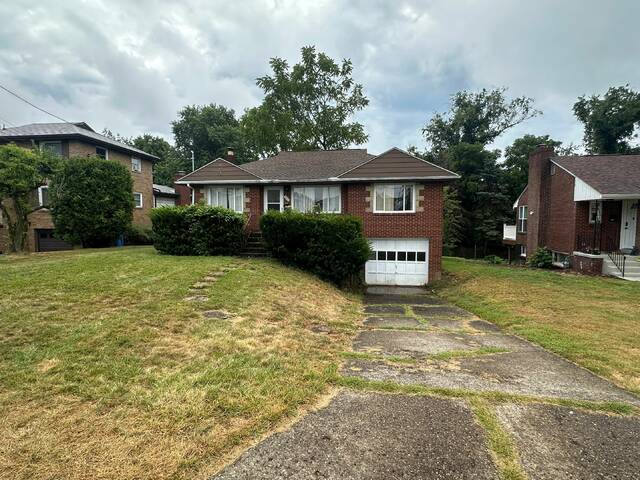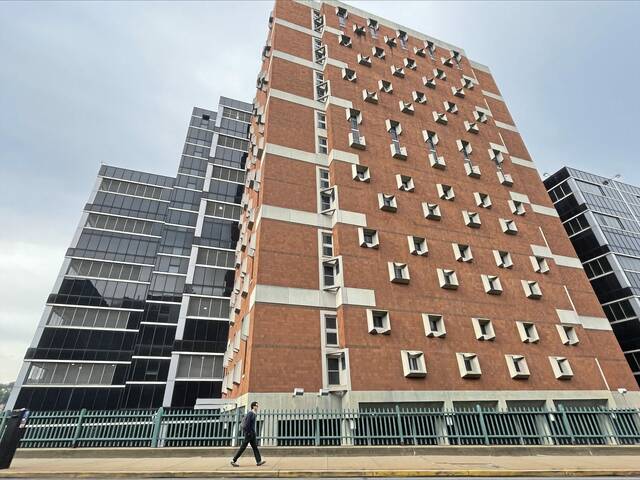Pittsburgh received a $90,000 grant to help pay for a two-year pilot project focused on municipal composting and food waste reduction.
The U.S. Department of Agriculture awarded the grant for the Community Compost and Food Waste Reduction pilot, the city said Thursday.
The pilot will revolve around gathering research about composting in the region. It also will focus on determining which of three composting approaches — public composting at city events, mechanical composting and traditional composting at city facilities — are viable for the city and could later be expanded.
“This is an important first step in incorporating composting into the city’s food waste system and helping us get closer to our zero waste goals in the Climate Action Plan,” Mayor Bill Peduto said in a statement. “This pilot will allow us to get a sense of what programs and resources are already out there and what will work for city facilities so that we can take what works and build on that.”
During the first year, the city said it will focus on researching food waste systems and composting in the Pittsburgh area to learn what opportunities exist to manage food waste commercially and on the community level. That will help the city design pilot projects that support the growth of existing food waste systems, the city said.
In the program’s second year, the city said the pilot will focus on testing new composting opportunities at city facilities and city events. The city said it will seek a locally based and licensed composting business to manage an organic composting booth at city-sponsored farmers’ markets. People would be able to bring their compost to the markets.
Pittsburgh also will conduct pilot programs at a recreation center and senior center, both of which host food programs.
The Philips Recreation Center in Carrick will use a traditional composting method, which requires layering two types of organic materials that break down over time into a soil-like substance that can be used for planting, the city said. The two types of materials include “browns” such as dried yard debris, leaves and shredded cardboard and “greens” such as food scraps, vegetables and grass clippings. Educational programming for young people will be tied into that project, the city said.
The Homewood Health Active Living Center will focus on mechanical composting, which involves putting organic and compostable materials into a vessel such as a drum or silo and spinning or turning the materials regularly to help break them down. The byproduct of that process can also be used for planting.








